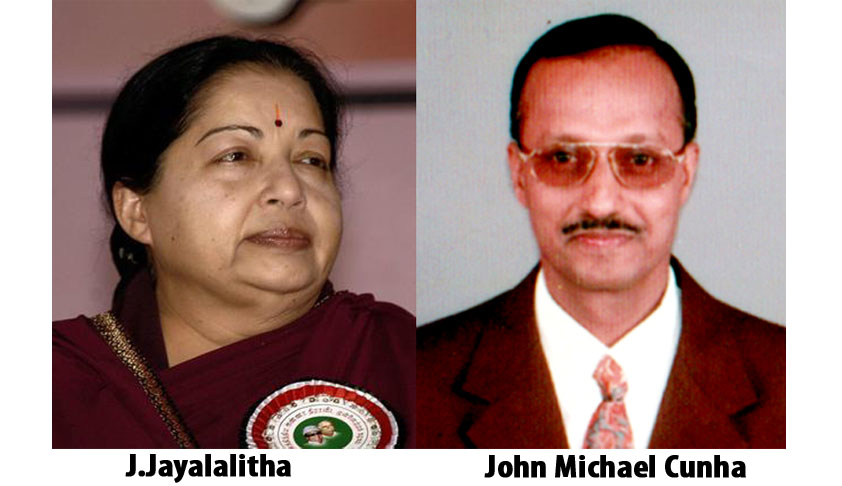Jayalalithaa Case - Same day Conviction and Sentence- Bangalore Court or Times of India? Who went wrong?!
M.A.Rashid
2 Oct 2014 11:14 AM IST

Next Story
2 Oct 2014 11:14 AM IST
The Times of India published on 1st October 2014 carried a report which says that the Bangalore trial court appears to have violated the Supreme Court's mandate by convicting and sentencing former Tamil Nadu Chief Minister J Jayalalithaa on the same day, September 27, in a disproportionate assets case. It relied on a Two Judge Bench Judgment in Allauddin Milan vs State of Bihar [1989 SCC (3)...
